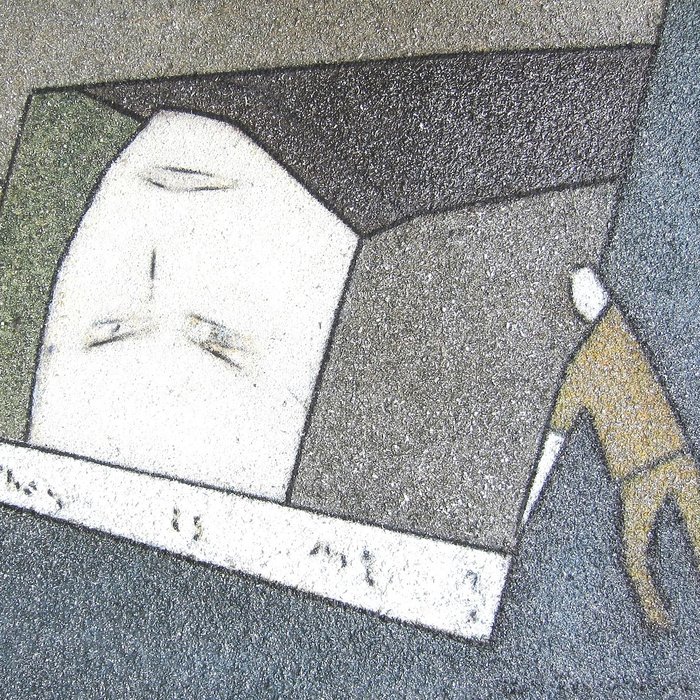Epistemological Problems Raised by Contemporary Art and Aesthetics, and by the Current Theories of Image
Research

Philosophy
Epistemological Problems Raised by Contemporary Art and Aesthetics, and by the Current Theories of Image
Coordinator: Prof. Simone Furlani
Philosophy
Epistemological Problems Raised by Contemporary Art and Aesthetics, and by the Current Theories of Image
Coordinator: Prof. Simone Furlani

Reconstructing some of the main directions of contemporary philosophy (from Hegel to Lask, from Nietzsche to Derrida) also means gaining a critical perspective on the interpretation of some pivotal moments in the history of aesthetics and contemporary arts. In other words, this means understanding the limitations and the possibilities not only of aesthetics, but also of art's reflection upon itself. For example, the analysis of the works of authors like Heinrich Heine, Georg Büchner and Paul Celan allows us to isolate some decisive moments within a "poetological" reflection that deeply questions the language structures in use. At the same time, taking into consideration the current theories of image and the so-called "visual studies" (W.J.T. Mitchell, G. Boehm, etc.) and looking at the instances of a reflection which aims to remain faithful to a sort of visual primacy, it is possible to explore how far these studies permit (if ever) to get a free and conscious viewpoint on the so-called "society of the image".
Picture: When is art?, by Erik Pevernagie (2000) – CC BY-SA 3.0




